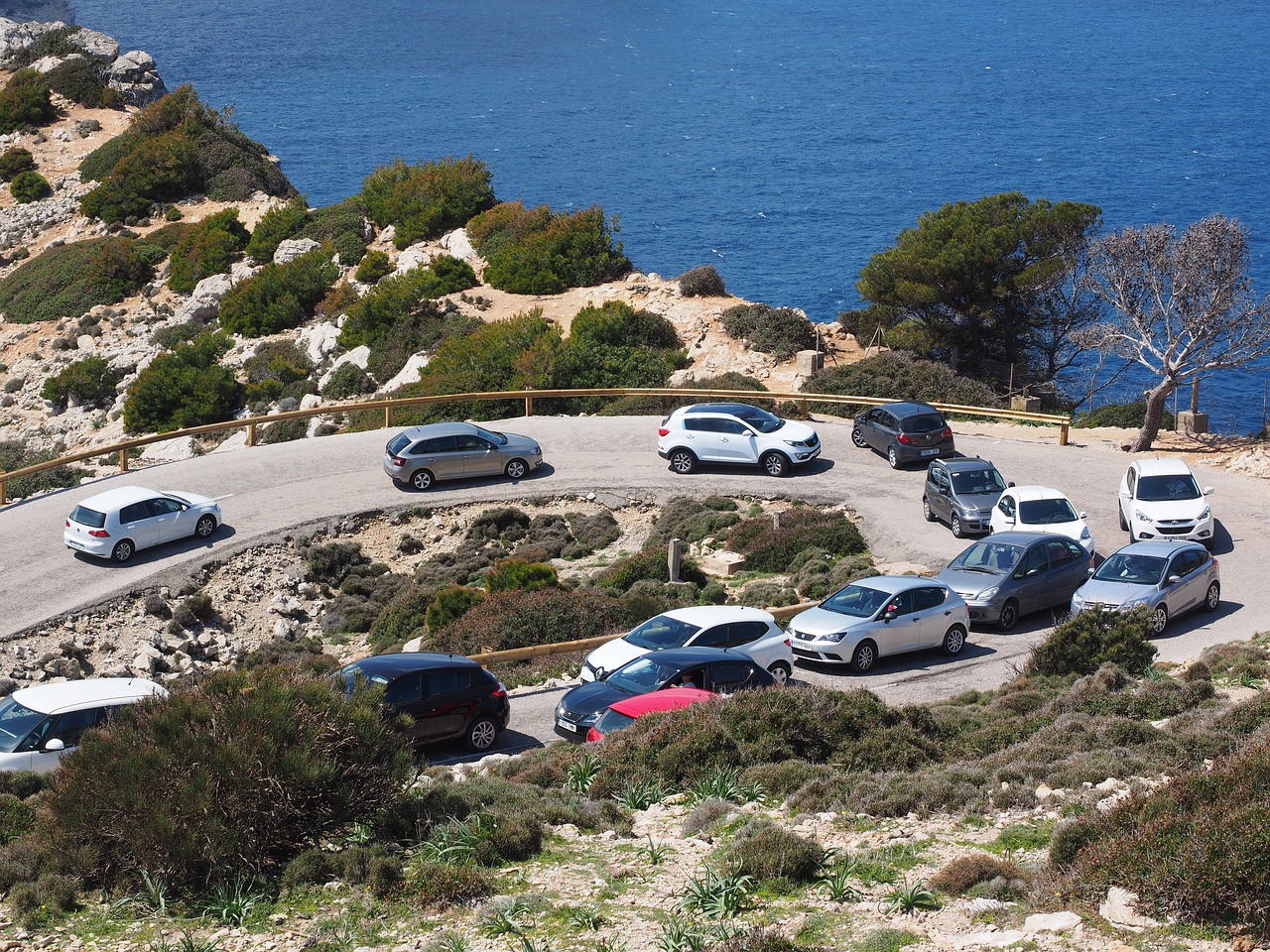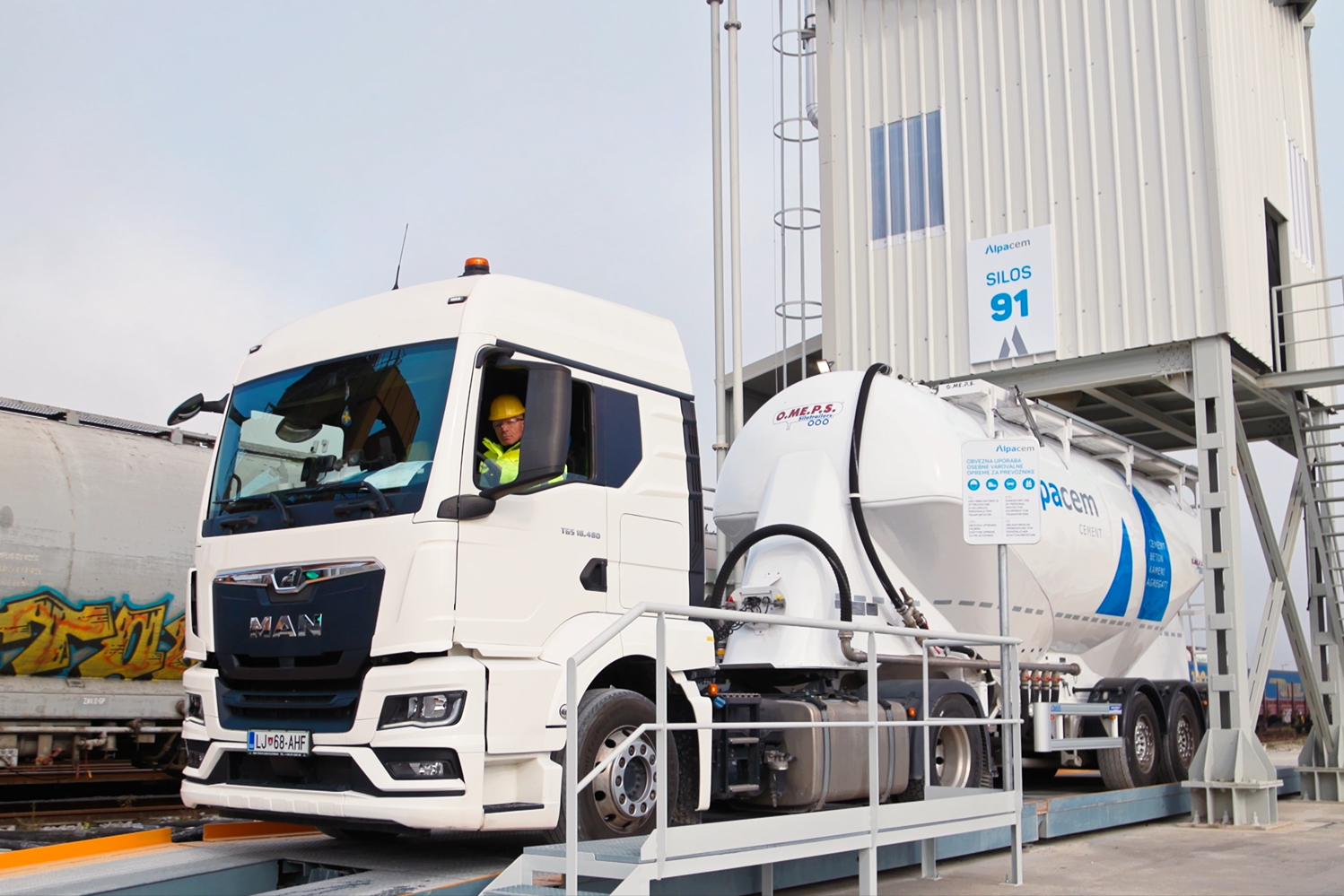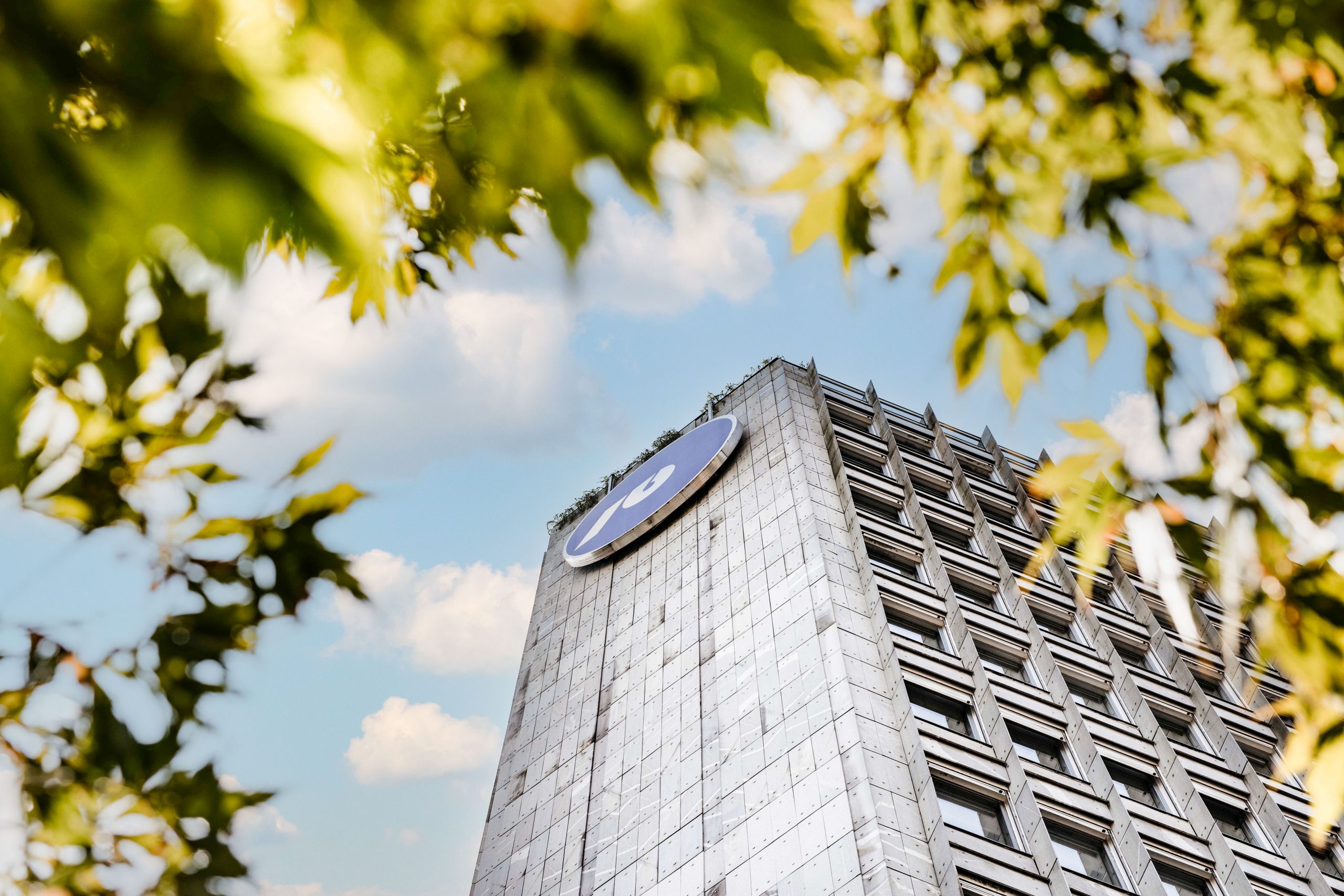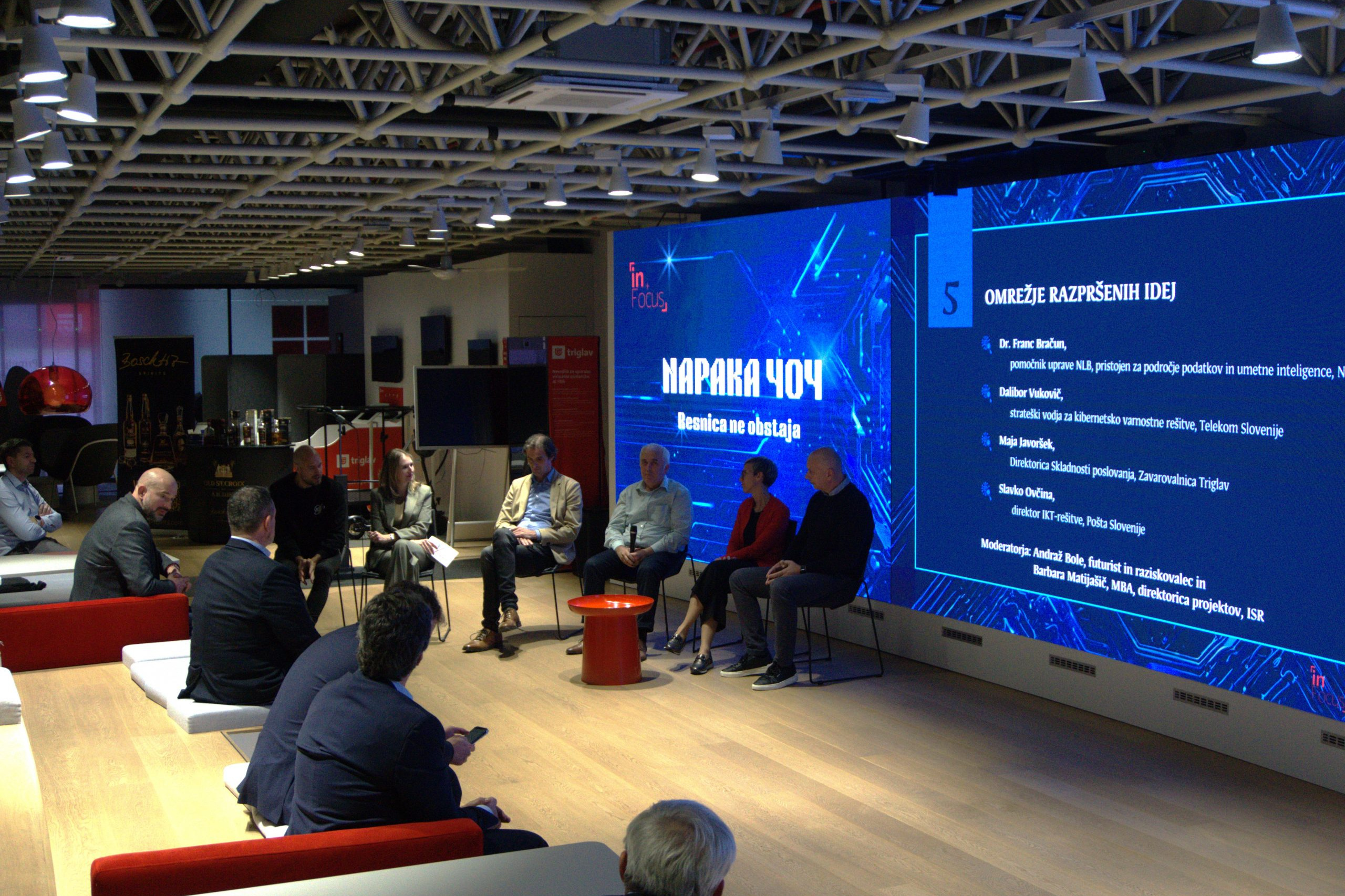Next-gen transport connectivity
As many of us head towards the Adriatic shores, navigating potential traffic jams is always a concern. Having real-time traffic updates would certainly come in handy, wouldn't it? Knowing the optimal departure time (and definitely not at 2 am!), which border crossings to avoid, and receiving instant alerts about accidents would not only increase our safety but also make our journeys more enjoyable.
By Maja Dragovic
This is where 5G technology steps in to streamline traffic management. And Telemach Slovenia has teamed up with Telemach Croatia, DARS, the University of Ljubljana’s Faculty of Electrical Engineering, and Croatia’s OIV in the 5G Adria project that aims to redefine transportation and connectivity along the Mediterranean corridor linking Slovenia and Croatia.
“The 5G Adria project opens a new chapter in our thinking, fostering cross-border collaboration and innovation while laying the groundwork for progress in the digital age,” explains Tomislav Čizmić, CEO of Telemach Slovenia. “It’s not just about technological advancement; it’s about broader social and economic development in our region. The 5G network will become the backbone of digital infrastructure, connecting our countries in new and innovative ways. This study will positively impact the entire region, laying the foundation for future cross-border cooperation in technology and economy,” he concludes.
Under the Connecting Europe Facility (CEF) – Digital (CEFDigital), the project explored the feasibility of introducing connected and automated mobility (CAM) with enhanced traffic information and management. It focused on enhancing safety, traffic flow, and vehicle communication through dense 5G network coverage, high data transmission capacity, low service latency, and high reliability.
“At DARS, we are excited to contribute to a project that offers new opportunities in advanced digital communication technologies,” says Ulrich Zorin, Head of New Technology Development at DARS. “Robust coverage of DARS-managed road networks with a 5G mobile network will enable faster, more reliable communication, data transfer between traffic management systems and highway users, and real-time video streaming. Participating in the 5G Adria project allows DARS to assess current network coverage and develop strategies to enhance highway coverage with 5G mobile signals.”
Foundation for smart mobility
The research lays the groundwork for high-performance networks capable of supporting advanced applications for safe and efficient autonomous vehicle operations. It also addresses various aspects such as e-health, mobility, e-mobility, transportation, industry, smart society, and smart cities, with a strong emphasis on sustainable development aimed at reducing CO2 emissions and fostering a cleaner environment through improved traffic infrastructure.
“At the Faculty of Electrical Engineering, University of Ljubljana, we take pride in shaping the future through the 5G Adria project,” says Dr. Tomi Mlinar. “While we cannot predict the future, our decisions are informed by current research. The study explores three scenarios for 5G network development to support present and future services, alongside existing operational services that will coexist with 5G technologies and beyond. Researchers at UL FE are proud to contribute to the success of this collaborative project between two countries.”

The study focused on establishing connectivity between the northern Adriatic ports of Koper and Rijeka, spanning 207 km in Slovenia and 171 km in Croatia. The project aims to outline replicable steps for other corridors in both countries.
“Achieving ambitious goals like those of the EU’s Digital Compass for digital transformation by 2030 necessitates projects like 5G Adria,” remarks Adrian Ježina, CEO of Telemach Croatia. “Telemach is committed to driving positive change and creating a more connected, digitally advanced region. The study has already highlighted significant benefits from introducing a 5G corridor, including improved traffic and digital infrastructure and strengthened economic cooperation. Through innovative collaborations, we can contribute to building a digital and sustainable future,” he adds.









